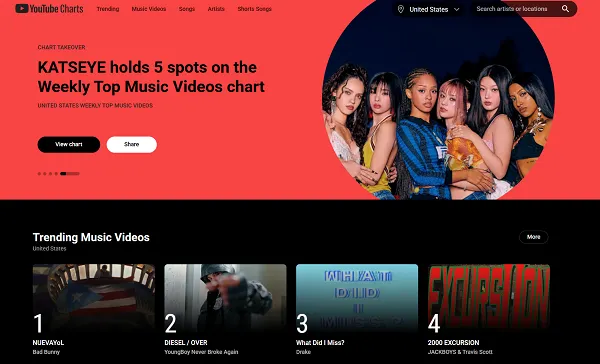A growing number of millennials are encountering fake profiles online, while a significant portion admit to having posed as someone else themselves, according to a new study by cybersecurity company Kaspersky. The findings highlight the complexities of digital identity and trust in today’s hyperconnected world — especially for a generation considered to be “digital natives.”
Online Communities: A Double-Edged Sword
The research, which surveyed 4,000 individuals aged 27 to 43 across eight countries including Greece, revealed that 27% of Greek millennials (and 29% globally) report improved mental wellbeing through their participation in online communities — such as forums, social networks, and gaming platforms.
However, more than 66% of Greek millennials (and 70% globally) admit they do not always verify the authenticity of people they interact with online. This vulnerability can open the door to catfishing, scams, and emotional manipulation.
“Digital platforms offer spaces for expression and connection,” says Ruth Guest, a cyberpsychologist and creator of the safety-focused social media game Sersha. “But overestimating our familiarity with digital tools can blind us to the risks. The same platforms that support us can also expose us.”
Familiar Faces, False Identities
The study found that 65% of Greek millennials have encountered individuals online who misrepresented their identity. Even more striking, 16% admitted to doing it themselves — creating fake names, fictional personas, or entirely false identities.
Despite the risks, 38% of millennials in Greece actively participate in digital communities for at least three hours daily. This level of engagement, while socially fulfilling for many, can come at a cost. 11% said their mental health suffered, and 43% reported negative experiences due to misplaced trust in the wrong people.
“Millennials are the primary digital gatekeepers in their households,” notes Marc Rivero, a senior security researcher at Kaspersky’s Global Research and Analysis Team (GReAT). “It’s crucial they set the right example — by verifying contacts, managing their digital footprint, and practicing responsible online behavior.”
Emotional Vulnerability in the Digital Age
Contrary to the stereotype of millennials as tech-savvy and digitally invincible, the research suggests they remain vulnerable — particularly in areas involving love and money.
“From romance scams to blackmail, the emotional risks of online deception are high,” says Dr. Robert Faris, sociology professor at UC Davis. “These interactions blur the line between the digital and real world — often with very real consequences.”
Tips for Building Digital Trust
To help millennials navigate online friendships and communities safely, Kaspersky offers the following guidance:
- Verify identities: Use tools like image search or video calls to confirm if someone is who they claim to be.
- Cross-check information: Rely on trusted sources before believing or sharing content.
- Protect your personal data: Adjust privacy settings and be mindful of what you post.
- Limit location sharing: Frequent updates on your whereabouts can compromise your privacy.
- Respect others’ privacy: Always get consent before sharing someone else’s content.
- Be alert to scams: Learn to spot signs of fraud, catfishing, or emotional manipulation.
- Use strong, unique passwords: Tools like Kaspersky Password Manager can help secure your accounts.
- Keep your devices updated: Ensure your apps and software are running the latest versions.
- Install real-time protection: Services like Kaspersky Premium offer safeguards against identity theft and malicious links.
For more resources on digital safety, readers can explore Kaspersky’s anti-doxing checklist or visit the Kaspersky Daily blog.
As online spaces continue to shape how we connect and express ourselves, building a culture of digital responsibility — especially among millennials — is more important than ever.
Source: ot.gr



